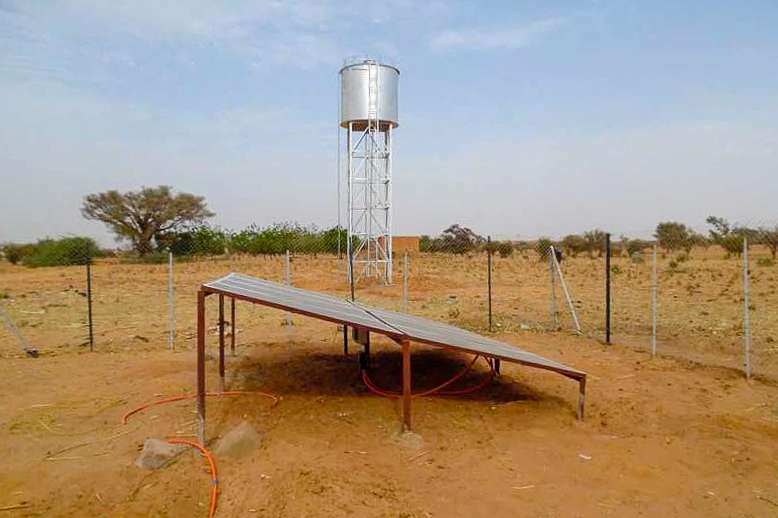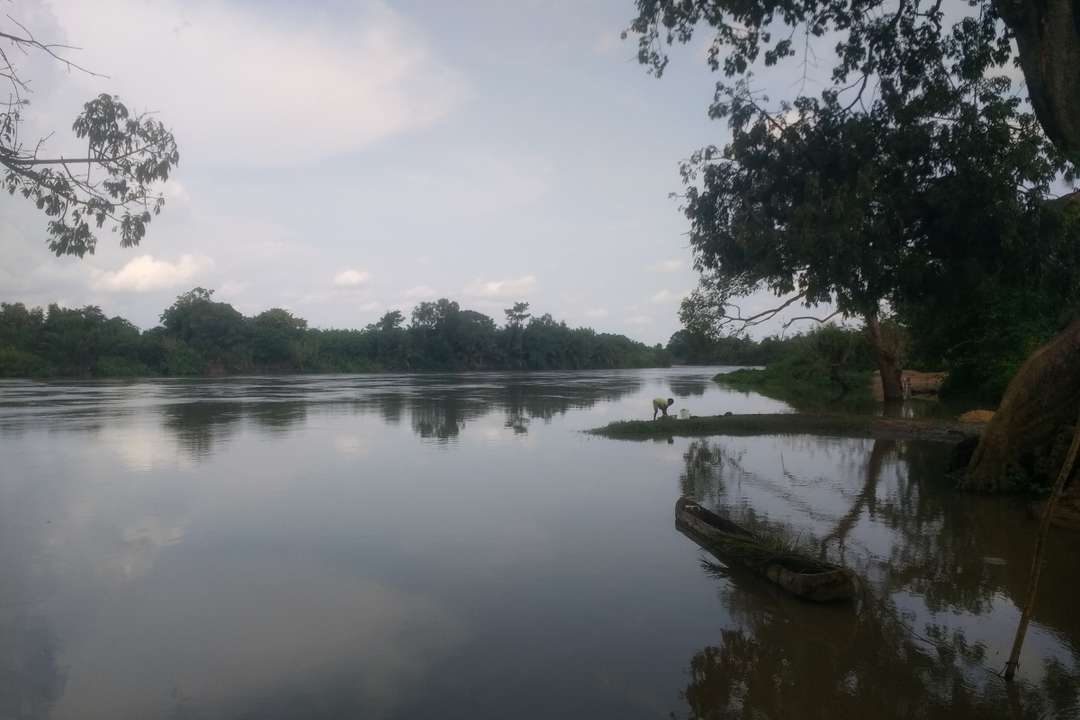November 2020
Publication in Journal of Water & Health
The Abdou Moumoun University lead with Hassane Adamou the publication of a sixth article entitled " Physico-chemical and bacteriological quality ofgroundwater in a rural area of Western Niger:a case study of Bonkoukou " in the Journal of Water & Health. With the contributions of Boubacar Ibrahim, Safietou Sanfo (also from the Nigerian university), Seyni Salack, Rabani Adamou (WASCAL Competence Center) and Stefan Liersch (Potsdam Institute for Climate Impact Research), all co-authors belonged to the CIREG consortium.
Abstract
The precariousness of the rural population in Africa is often symbolized by the lack of potable and safe drinking water. This study investigates the physico-chemical and bacteriological characteristics of 32 water samples with respect to WHO standards. The water samples were collected from wells, boreholes and small drinking water supply systems (DWS) in and around the township of Bonkoukou (Niger). The Water Quality Index (WQI) tool was used to assess the overall water quality with different physico-chemical parameters. Where the pH of the samples was acceptable, the samples showed higher levels of mineralization and deoxygenation. Overall, the samples were slightly hard, chlorinated and sulfated but much alkaline and contained nitrate and nitrite ions 2–16 times higher than the WHO standards. The use of WQI shows that samples in the DWS are safe for drinking. Samples coming from wells are the most polluted (58.50%) compared to those taken from boreholes (53.00%), while the percentage of samples from boreholes, unfit for drinking, is higher (41.00%) than that of the samples taken from wells (25.00%). Moreover, water in this area was characterized by the presence of total germs indicating bacteriological pollution. Hence, for the supply of safe drinking water to the larger number of people in such a rural area, the capacity of actual DWS must be improved and widespread.
The article is available under this link.


